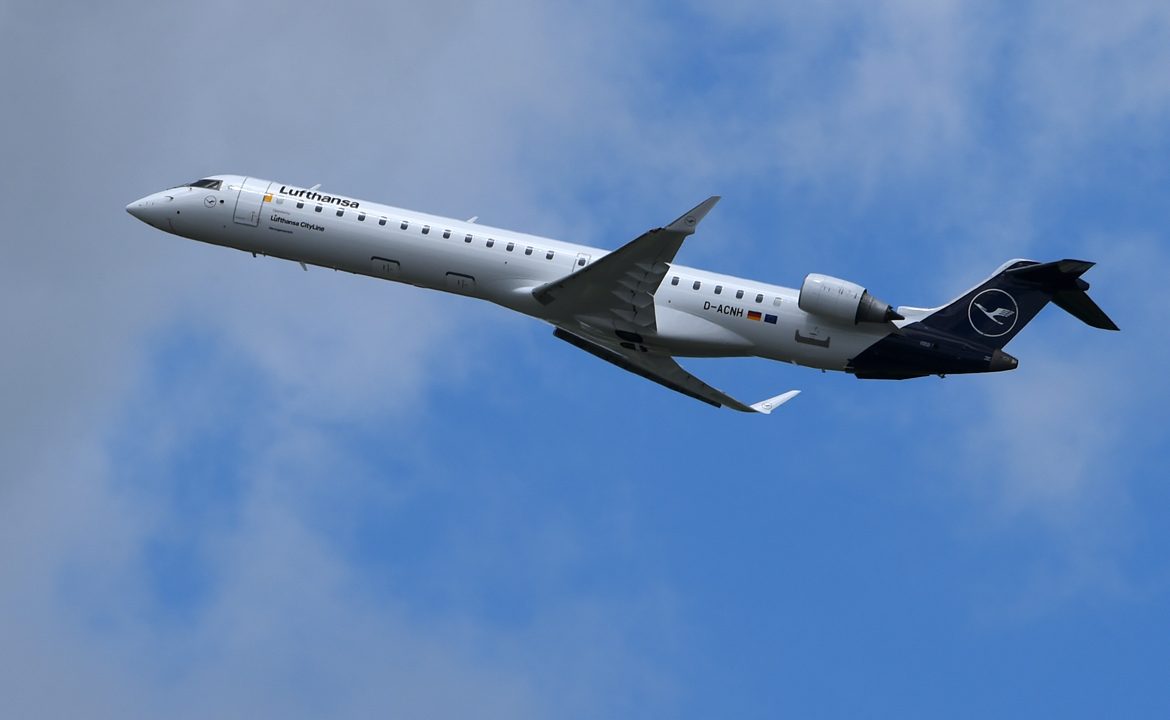Travellers’ apathy has welcomed long-distance international travels, as more foreign airlines resume operations globally.
The development is not unconnected with fears of coronavirus infections, the luxury of leisure travel during the recession, and tedious safety protocols like mandatory 14-day quarantine still in place at many destinations.
The International Air Transport Association (IATA), however, urged governments to embrace the International Civil Aviation Organisation’s (ICAO) harmonised safety guidelines that include the use of face masks as a better alternative to quarantine and physical distancing onboard the airplane.
IATA, the clearinghouse for over 280 airlines worldwide, disclosed that the demand for long-haul travel remains close to zero. The forward bookings for long-haul travel are almost non-existent, and if anything, “the public is becoming more pessimistic about their prospects for travel.”
IATA noted that the current bookings for November 1-7, showed that tickets had been sold to only five per cent of the 2019 number of passengers.
In addition, public opinion research in the first week of June 2020 showed greater caution among travellers in returning to travel, with only 45 per cent of travellers surveyed intending to return to the skies within a few months of the pandemic subsiding. A further 36 per cent said that they would wait six months.
Local stakeholders were of the view that similar fate may await even short-haul domestic travels, as Nigerian carriers prepare for the reopening of the airspace on June 21.
As at yesterday, Virgin Atlantic announced plans to restart passenger flying to 17 additional destinations from August 2020. Flights from Lagos to London Heathrow start on August 24th and will provide connections to a range of U.S. destinations.
The Chief Commercial Officer, Virgin Atlantic, Juha Jarvinen, said they were monitoring external conditions closely, in particular the travel restrictions many countries have in place including the 14-day quarantine policy for travellers entering the UK.
Delta Air also disclosed plans to add almost 1,000 flights system-wide in July, boosting service and nonstop connectivity to popular summer destinations and major business markets.
The airline has implemented several measures to encourage extra space and provide peace of mind at the airport, as well as committed to capping cabin seating at 60 percent in Main Cabin and 50 percent in First Class, and blocking middle seats through September end.
Connectivity within Africa will also expand, pending government’s approval, with the resumption of service from New York-JFK to Accra, as well as service from Atlanta to Lagos.
KLM Royal Dutch Airlines will further expand its route network in July.
Compared to June, the number of flights will increase by more than 60 per cent. KLM will operate 25 to 30 per cent of the normal number of flights.
IATA’s Director General and Chief Executive Officer, Alexandre de Juniac, said the slow restart was anything but a normal situation for airline planning or passenger demand.
He said the public sentiment had seen “a significant shift from April 2020 when 61 per cent said that they would return to travel within a few months of the pandemic subsiding, and 21 per cent responded that they would wait about six months.”
As a stop-gap measure, IATA urged governments to continue to waive rules on flight slots to allow airlines maximum flexibility in booking their future schedules. The reason is that with little or no visibility of future demand, airlines should not be forced to relinquish slots since this would mean many routes would be lost and perhaps not return.
Although point-to-point traffic is important for business travellers, some 94 per cent of city pairs are via hubs, and it is these routes which are under threat if valuable slots during morning flight banks at the hubs are disrupted, according to IATA.
The call from IATA is for an extended waiver on what is known as the “80:20 slots rule”. This rule says that airlines must use a slot for at least 80 per cent of the time under a ‘use it or lose it’ idea.
“In these extraordinary times, airlines need much more flexibility to plan schedules, and business-critical decisions should not be compromised by slot allocation guidelines designed for normal times. There were good reasons why the 80-20 rule was waived for the summer season. Regulators should apply the same common-sense approach again and waive the rule for the winter season as well. Airlines need to focus on meeting what consumers want today, without trying to defend the slots needed for what their schedule might look like a year from now,” de Juniac said.
IATA also repeated its opposition to quarantines imposed by governments such as the United Kingdom.
Quarantine is considered as a major deterrent for air travel — a blocking mechanism not only for tourism but also for business travel.
Instead, IATA is promoting ICAO’s global guidelines for restoring air connectivity. The Guidance for Air Travel through the COVID-19 Public Health Crisis (Takeoff) is an authoritative and comprehensive framework of risk-based temporary measures for air transport operations during the COVID-19 crisis.
“We are counting on governments to implement the recommendations quickly because the world wants to travel again and needs airlines to play a key role in economic recovery. And we must do this with global harmonisation and mutual recognition of efforts to earn the confidence of travellers and air transport workers,” de Juniac said.


Leave a Reply